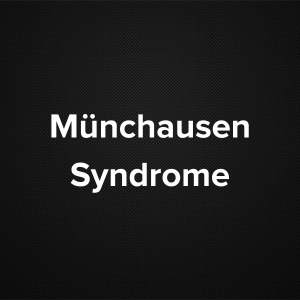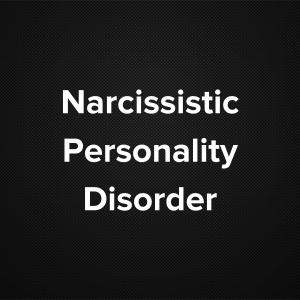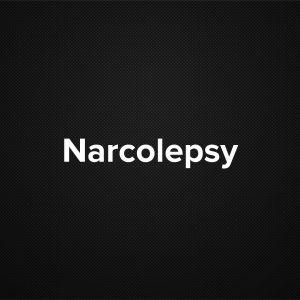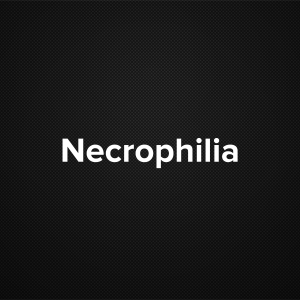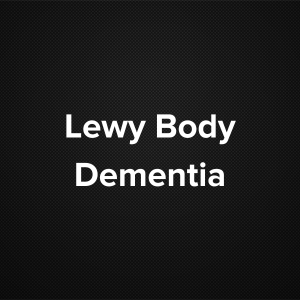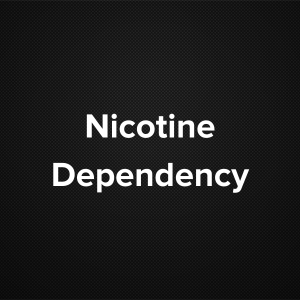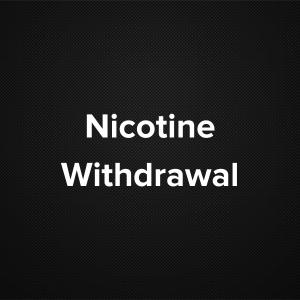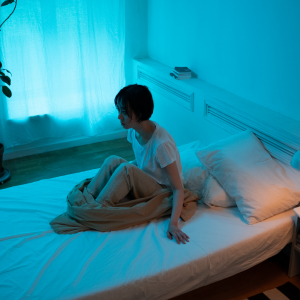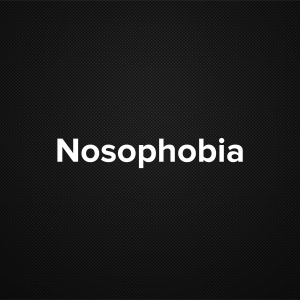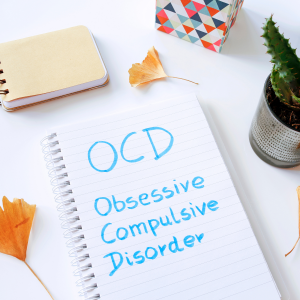Causes and risk factors
Cause for Childhood Schizophrenia is not known. Genetic and environmental factors are thought to be responsible for the disease occurring at early age. Changes in neurotransmitter also contribute to the development of Childhood Schizophrenia. Risk factors for developing Childhood Schizophrenia are having family history of schizophrenia; history of sexual abuse in child; malnutrition, viral infection, exposure to toxins of the mother during foetal development of the child in the womb; abnormal activation of immune system, older age of the father can lead to Childhood Schizophrenia.
Clinical presentation
Early signs and symptoms of Childhood Schizophrenia are developmental delays like language delay, unusual crawling, delayed walking, abnormal activities like rocking or flapping. In adolescents schizophrenia shows symptoms like aversion to meet friends, dropout from schools, irritability, depression, disturbed sleep, lack of motivation. Delusions are less common. Hallucinations especially visual are common. Later signs and symptoms involve delusions, hallucinations, disorganised speech, disorganised behaviour, negative behaviour. False beliefs, unclear or confused thoughts, reduced socialising, inactivity, lack of facial expression are some of the presenting features. In advanced cases the patient shows symptoms of psychosis, break from reality.
Investigation
Medical history by the patient’s parents and psychological evaluation by the psychiatrist or psychotherapist helps in diagnosis. Doctor may also ask for school records which will help in evaluation of the child. The criteria for diagnosis of schizophrenia involves the presence of persistent hallucinations or delusions, disorganized speech and behaviour, lack of goal-directed behaviours for at least 1 month. The criteria for the diagnosis of childhood schizophrenia are identical to those for a diagnosis of schizophrenia in adults with one modification, i.e., a child’s failure to achieve an expected level of interpersonal, academic, or occupational achievement, which may replace deterioration in function.
Treatment
Treatment Involves medical therapy with antipsychotic drugs. Psychotherapy which involves individual and family counselling will also help in managing childhood schizophrenia. Psychotherapy involves cognitive behavioural therapy that teaches anger management techniques, relaxation techniques to combat the problem. Individual and family therapy, parent child interaction techniques, parent training, social involvement, spending quality time with your children will also help in managing childhood schizophrenia. Electroconvulsive therapy [ECT] is also used in some cases to treat the disease. Hospitalisation may be required in severe episodes of disease.
Other Modes of treatment
The other modes of treatment can also be effective in treating childhood schizophrenia. Homoeopathy is a science which deals with individualization considers a person in a holistic way. This science can be helpful in combating the symptoms. Similarly the ayurvedic system of medicine which uses herbal medicines and synthetic derivates are also found to be effective in treating childhood schizophrenia.

